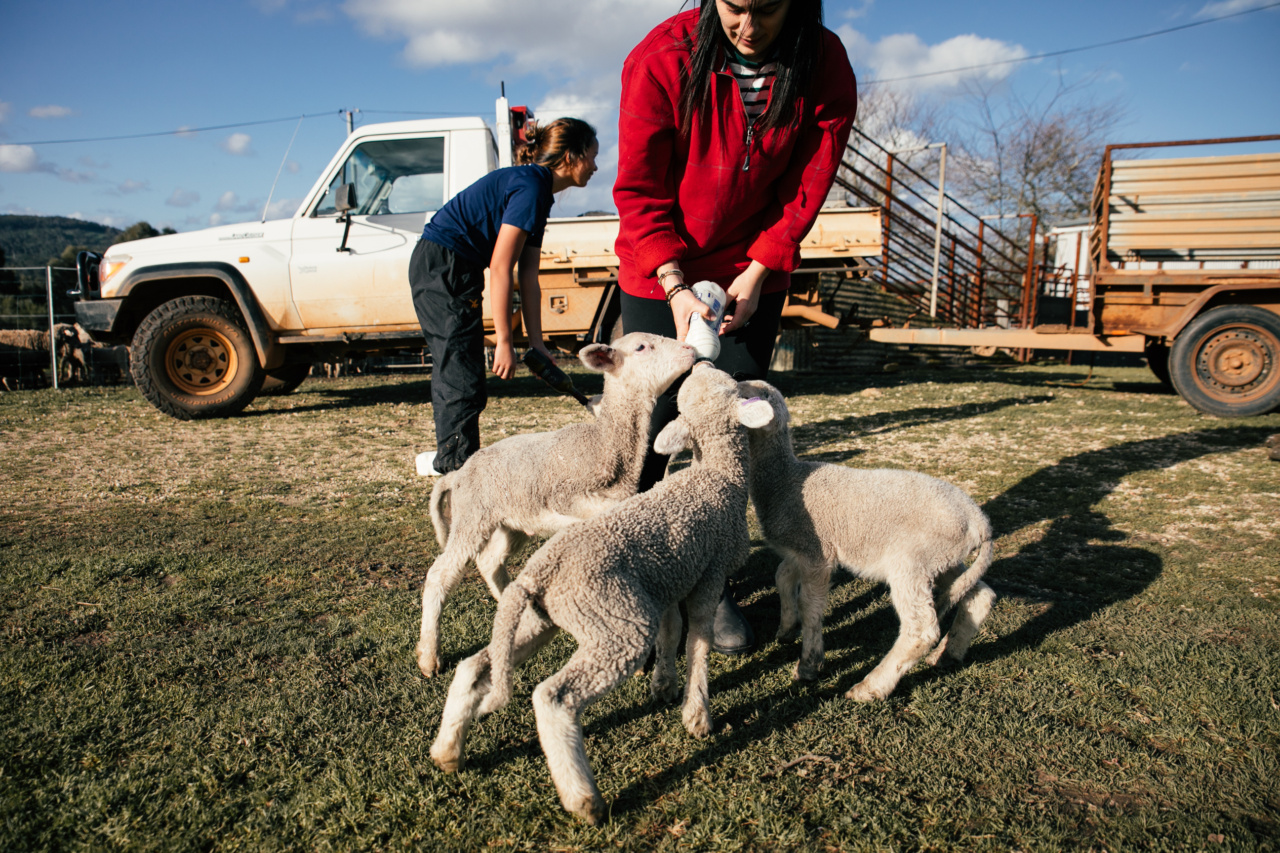Collagen is the most abundant protein in our bodies and is responsible for maintaining the structure, strength, and elasticity of our skin, bones, tendons, ligaments, and other connective tissues.
As we age, the production of collagen in our bodies naturally declines, leading to wrinkles, joint pain, and other signs of aging. However, incorporating certain foods in our diet can help boost collagen production, promoting youthful skin and maintaining healthy joints. In this article, we will discuss the best foods to eat for collagen production.
Fatty Fish
Fatty fish, such as salmon, mackerel, and sardines, are excellent sources of omega-3 fatty acids. Omega-3 fatty acids are vital for collagen production as they enhance collagen synthesis and promote overall skin health.
These fatty acids also have anti-inflammatory properties that can help reduce inflammation in the body, preventing collagen breakdown.
Citrus Fruits
Citrus fruits, including oranges, lemons, and grapefruits, are rich in vitamin C. Vitamin C plays a crucial role in collagen synthesis by stimulating the production of collagen fibers.
It also acts as an antioxidant, protecting the skin from damage caused by free radicals and environmental pollutants.
Berries
Blueberries, strawberries, raspberries, and blackberries are all packed with antioxidants that neutralize free radicals and promote collagen production.
These berries are also high in vitamin C and other essential nutrients that support healthy skin and connective tissues.
Leafy Green Vegetables
Leafy green vegetables like spinach, kale, and Swiss chard are rich in antioxidants, vitamins, and minerals that aid in collagen synthesis. They are particularly high in vitamin C, which is essential for collagen production.
Additionally, these greens contain chlorophyll, which helps to strengthen collagen fibers.
Bone Broth
Bone broth is made by simmering the bones and connective tissues of animals. It is rich in collagen, amino acids, and minerals that support collagen production.
Consuming bone broth regularly can help improve skin elasticity, joint health, and even gut health.
Avocado
Avocado is not only delicious but also contains healthy fats that nourish the skin and support collagen production. It is also rich in vitamin E, which protects collagen from oxidative damage and helps maintain its integrity.
Nuts and Seeds
Nuts and seeds, such as almonds, walnuts, and flaxseeds, are excellent sources of omega-3 fatty acids and antioxidants. These nutrients help promote collagen production and protect the skin from damage caused by free radicals.
Beans and Legumes
Beans and legumes, such as chickpeas and lentils, are rich in protein, antioxidants, and other nutrients that support collagen synthesis. Additionally, they contain amino acids that aid in the formation of collagen fibers.
Eggs
Eggs are a great source of protein and contain essential amino acids necessary for collagen production. They also provide biotin, a vitamin that plays a crucial role in the formation of collagen.
Dark Chocolate
Good news for chocolate lovers! Dark chocolate containing at least 70% cocoa is not only a tasty treat but also a source of antioxidants that promote collagen production.
It helps improve skin hydration and elasticity, reducing the appearance of wrinkles.






























